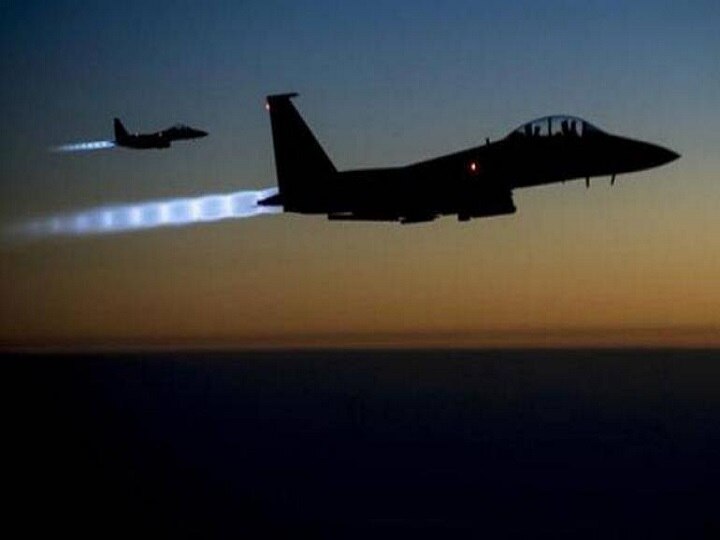NEW DELHI: India on Wednesday demanded immediate and safe return of an IAF pilot who was detained by Pakistan following an aerial engagement by air forces of the two countries. India also made it clear to Pakistan that no harm should be caused to the defence personnel. India has summoned the acting high commissioner of Pakistan to lodge a strong protest at the unprovoked act of aggression by Pakistan against India, including by violation of the Indian air space and targeting of Indian military posts.
A strong objection has also been conveyed to the neighbouring country at the "vulgar display" of an injured personnel in violation of all norms of International Humanitarian Law and the Geneva Convention.
"It was made clear that Pakistan would be well advised to ensure that no harm comes to the Indian defence personnel in its custody. India also expects his immediate and safe return," the MEA said.
What the Geneva Convention says about treatment of Prisoners of War
The rules protecting prisoners of war (POWs) are specific. They were first detailed in the 1929 Geneva Convention and later amended in the third 1949 Geneva Convention following the lessons of World War II.
According to the rules, the status of POW only applies in international armed conflict.
"POWs are usually members of the armed forces of one of the parties to a conflict who fall into the hands of the adverse party," the Convention states.
It says POWs cannot be prosecuted for taking a direct part in hostilities.
"Their detention is not a form of punishment, but only aims to prevent further participation in the conflict. They must be released and repatriated without delay after the end of hostilities. The detaining power may prosecute them for possible war crimes, but not for acts of violence that are lawful under International Humantarian Law," it says.
The rules specify that POWs must be treated humanely in all circumstances.
"They are protected against any act of violence, as well as against intimidation, insults, and public curiosity," the Geneva Convention states.
(With inputs from PTI)
IAF personnel in Pak custody: Here's what is stated in the Geneva Convention
ABP News Bureau
Updated at:
27 Feb 2019 08:19 PM (IST)
India on Wednesday demanded immediate and safe return of an IAF pilot who was detained by Pakistan following an aerial engagement by air forces of the two countries.

Representative photo: PTI
- - - - - - - - - Advertisement - - - - - - - - -

